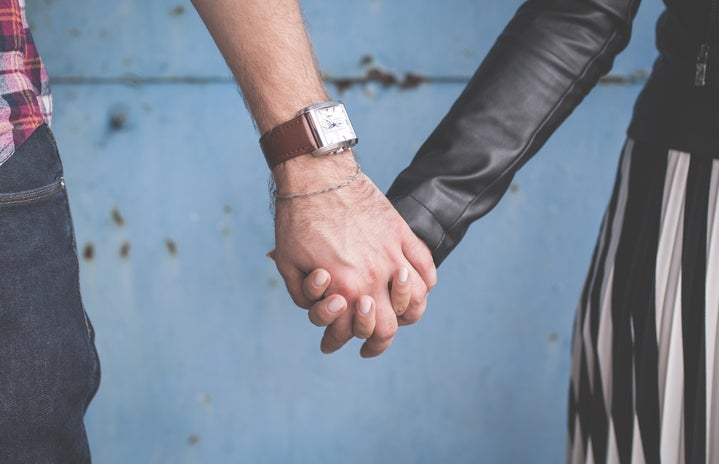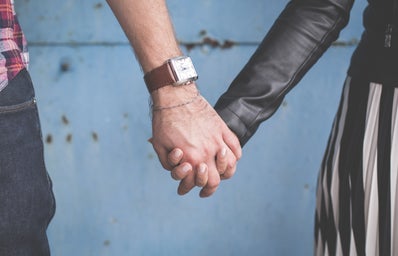What is Gaslighting?
I had never heard of the concept of gaslighting before until I was scrolling through the explore page on Instagram and came across a post by TheMindGeek. I felt it was important to share because many people may be victims of it and not even know. The National Domestic Violence Hotline defines gaslighting as, “an extremely effective form of emotional abuse that causes a victim to question their own feelings, instincts, and sanity.” The website goes on to explain that this type of abuse makes the abuser feel powerful by ultimately making the victim feel like they cannot trust their own feelings and stay in this toxic and abusive relationship. Gaslighting is not something that can be seen in a relationship immediately – it is something that grows gradually. Some misinterpret the signs as simple misunderstandings; eventually the victim begins to feel depressed, anxious, and confused. Due to the victim being unsure of their feelings, emotions, and sanity, they begin to rely on their abusive partner to be their sense of reality; this can create a difficult situation for the victim because it could be hard to leave.
Signs of Gaslighting
(Photo by TheMindGeek on Instagram)
The Instagram account, TheMindGeek, ran by psychotherapist Sarah Jane Crosby, illustrates some of the common behaviors or signs present in emotional abuse(gaslighting) that occur. Crosby explains that these behaviors can come off as harmless at first because they can be disguised as signs of affection, overprotection, or even a “joke”, but eventually these “jokes” can start to include some truth. This becomes a way for the abuser to intentionally hurt, ridicule, confuse, and control their victim.
In addition to these behaviors, Crosby provides her followers with some common lines that abusers often use. These can include phrases such as, “ Why are you being so sensitive?” “This is your mental illness talking.” “ I didn’t say that. You’re lying.”
Are You A Victim?
(Photo by Mxsh on Unsplash)
The National Domestic Violence Hotline also provides some signs to determine if you could be a victim, including constantly second-guessing yourself, always apologizing to your partner, often feeling confused or crazy, frequently making excuses for your partner’s behavior to friends and family, and the sense that you used to be someone else (you used to be happy and confident). These are just a few examples of the thoughts, feelings, and actions that a victim can undergo , but the website provides further examples.
How to Respond to A Gaslighter
(Photo by TheMindGeek on Instagram)
Crosby emphasizes that it is important to try to stay grounded around gaslighting. She suggests that a victim document their realities through journaling or vlogging. This is a great way to notice and distinguish what is a lie versus what actually happened. Additionally, Crosby recommends that, if possible, the victim should make an appointment with a mental health professional that could provide a safe space and support. She also suggests seeking out alternative reliable sources, podcasts, or people.
It is important to understand that these types of relationships can be difficult to leave; relationships are complex and the victim may not be emotionally, physically, or financially ready to leave They have to learn to trust themselves again. It is important to have support in a situation such as this; if you or a loved one is a victim of this type of abuse please contact The National Domestic Violence Hotline at 1-800-799-7233 or chat with them online from 7 a.m.-2 a.m. CT. They are there to help and support you or your loved one.


